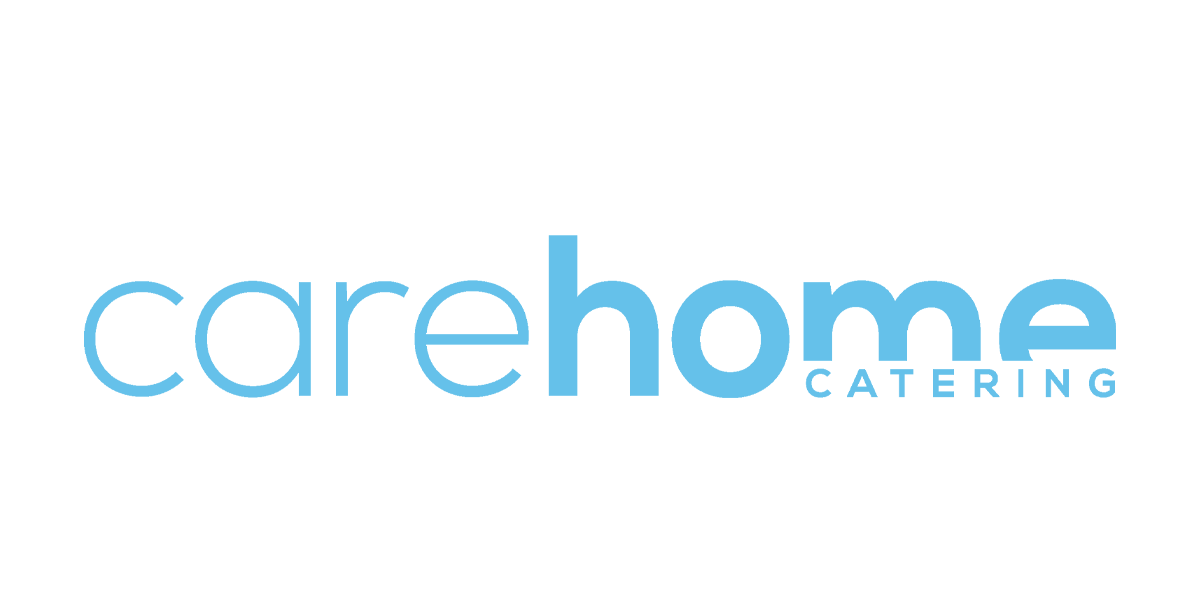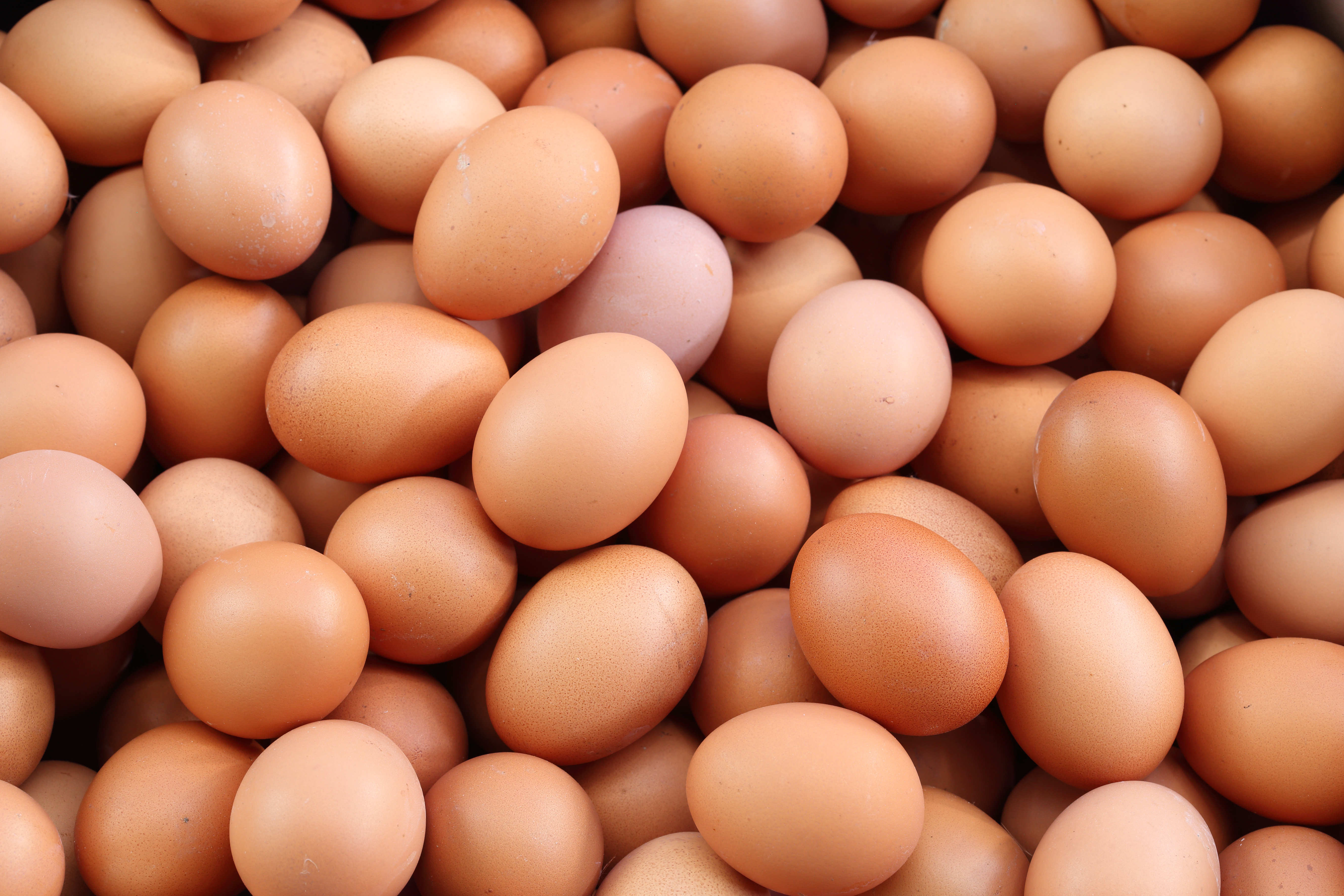One drop at a time
As you will know, elderly people are far more likely to become dehydrated than younger generations.

Encouraging residents to drink on a regular basis is often a difficult task. However, there are lots of tips available to help tackle the issue
As you will know, elderly people are far more likely to become dehydrated than younger generations. Not only does the total amount of water in the body decrease with age, but older people tend to have a reduced sense of thirst, leaving them less inclined to drink on a regular basis. Certain medications, such as diuretics and laxatives, can further raise the risk of dehydration, and many people choose to limit their fluid intake deliberately – to avoid having to go to the toilet regularly, for example. The problem of course is that dehydration can easily escalate, causing numerous health problems ranging from weakness and dizziness through to constipation and urinary tract infections. Worse still, a person may have to be admitted to hospital for medical treatment, which is often the case.
To avoid the risk of dehydration, the obvious solution is to increase the level of fluids given. However, doing so is often far easier said than done, as most of you will have experienced. Therefore, we’ve gathered valuable tips for driving consumption from Tetley and Sophie Murray, head of nutrition and hydration at Sunrise Senior Living and Gracewell Healthcare. After all, the more time that is spent preventing dehydration, the less time that is spent on dealing with the associated health problems.
The lowdown
Sophie Murray, head of nutrition and hydration at Sunrise Senior Living UK and Gracewell Healthcare, talks about the importance of frequent fluid intake and how to encourage it.
Why is it so important that residents are kept hydrated?
The kidneys can be damaged and ongoing dehydration can lead to kidney disease, which in turn can affect how we function because kidneys are essential organs. We can also affect how cells communicate with each other – as many need the right fluid concentration in the body to do so, literally affecting most areas including the brain and muscles.
How often should a resident be given fluids?
Regularly – not forgetting those residents who are not as active or are bed-bound, who may not be able to access fluids as easily. Hydration trays and easy access carafes or glasses instead of cartons or bottles are always a good idea. Ideally, residents should receive fluids 24-hours a day, warm and cold options. If you consider the kidneys, they do not pause through the day, producing about 1500ml of urine. We need them to constantly filter the blood to produce urine, as well as regulate water and salts and activate vitamin D.
What can care homes do to encourage intake?
Make hydration visible, attractive and available. Look after team members too – you can encourage fluid intake during meetings for example. Try big mugs instead of cups and specials of the day which could be water with infused lemon or simply a new flavoured squash. Offer full glasses of water with medications and a night time drink for all. Always offer drinks at mealtimes, ending each course with a drink too. Include fluid rich foods like soup and watermelon – have these available daily.
How can drinks be used to provide valuable nutrients?
Any fluid will help hydration apart from strong spirits, but some are better than others. Water is pure but not everyone likes it. Enriched drinks which are fortified with vitamins are good. Milk has minerals such as calcium and a hot chocolate, whilst containing sugar, can have milk powder in it, which will have protein, calcium and some vitamin D too. Homemade soups will be packed with different vitamins depending on the vegetables chosen. Tomato soup, for example, has vitamin C and lycopene, an antioxidant which is a protective agent to help combat negative effects of other aspects of diet and lifestyle.
If tea and coffee are preferred then still drink them for hydration, but vary drinks too for maximum chance of nutrition. High sugar drinks, whilst containing fluid, will have negative effects such as inflammation, weight gain and the risk of diabetes, so these should be avoided or kept to a minimum.
Tips from Tetley
Designed specifically for care homes, The Hydration Handbook by Tetley is filled with useful information regarding dehydration and how to avoid it. Here are the brand’s top tips for encouraging consumption, as featured in the handbook.
Fluid availability
Make sure residents can help themselves to drinks wherever and whenever, including communal areas and residents’ rooms. Fluid intake should be promoted with a selection of hot and cold drinks offered throughout the day and whenever requested. For a more exciting offer, try serving water with ice, fruit or mint leaves to encourage consumption and always have a variety of different tea blends. Older members of the community drink tea and coffee out of habit and cannot be expected to change their routines.
Hydration education
Ensure the importance of good hydration is a key part of staff training. Share knowledge between care home staff and promote the health benefits that hydration can bring. Create your own hydration policy with the information in this guide, and with the help of the Tetley Hydration Help Sheet. In addition to staff education, put up posters and information in reception areas to promote good hydration to residents and visitors too.
Reassure residents
Often residents choose to drink less due to the fear of incontinence and being a burden on staff. Residents should be assured that visiting the toilet more is not a problem and that staying hydrated will actually help improve long-term bladder function.
Get involved
Every member of staff can get involved in providing good hydration practices. For example, encourage chefs and catering staff to meet residents and chat about their food and drink preferences to enhance their fluid intake. Also, involve visitors and relatives in supporting good hydration – ask them to directly encourage residents to drink regularly.
Your hydration
As well as highlighting the importance of hydration to residents, make sure you are drinking sufficient amounts too. Being dehydrated will negatively impact upon your productivity and overall wellbeing. Encourage staff to drink fluids with residents during shifts, which will instinctively remind residents to drink too.
This article can be found in the spring issue of Care Home Catering.









